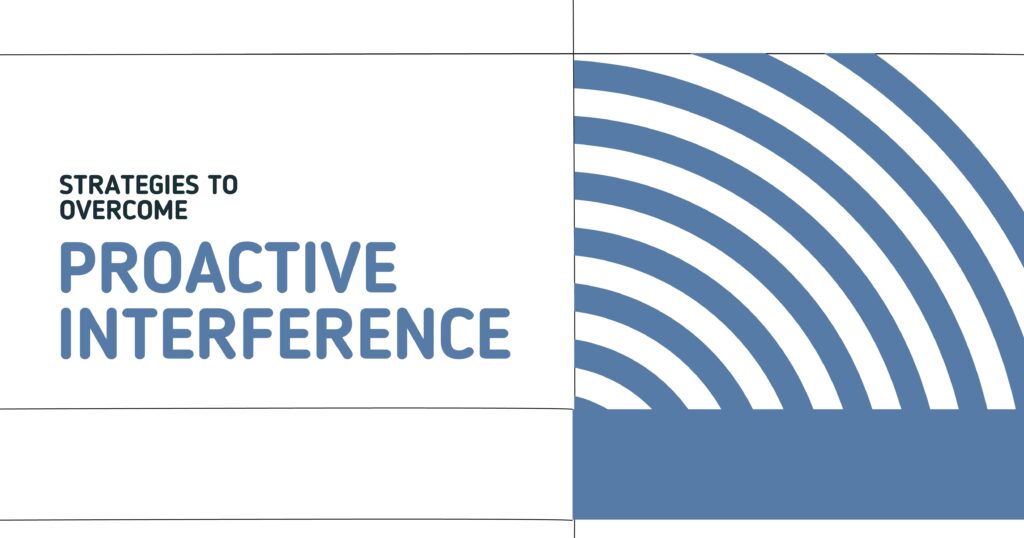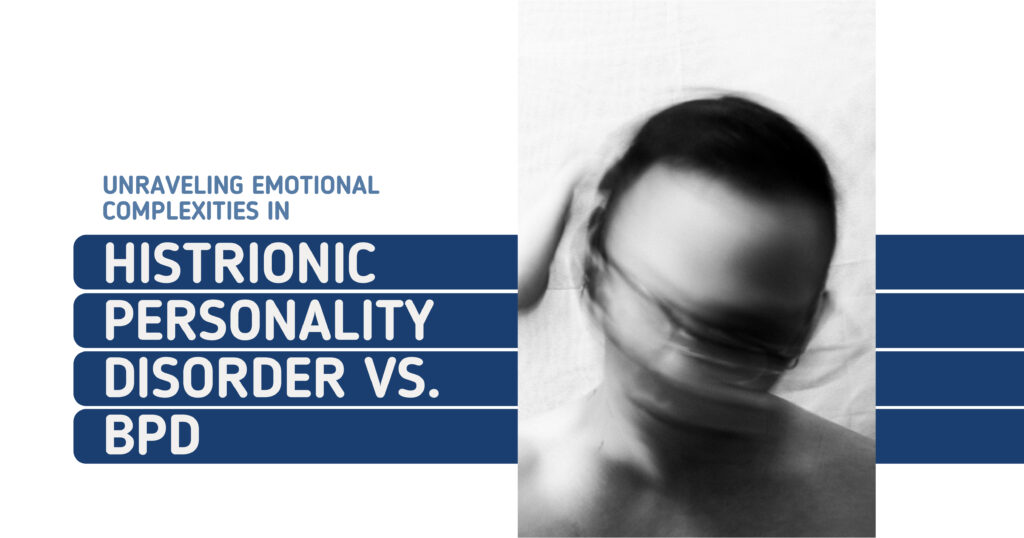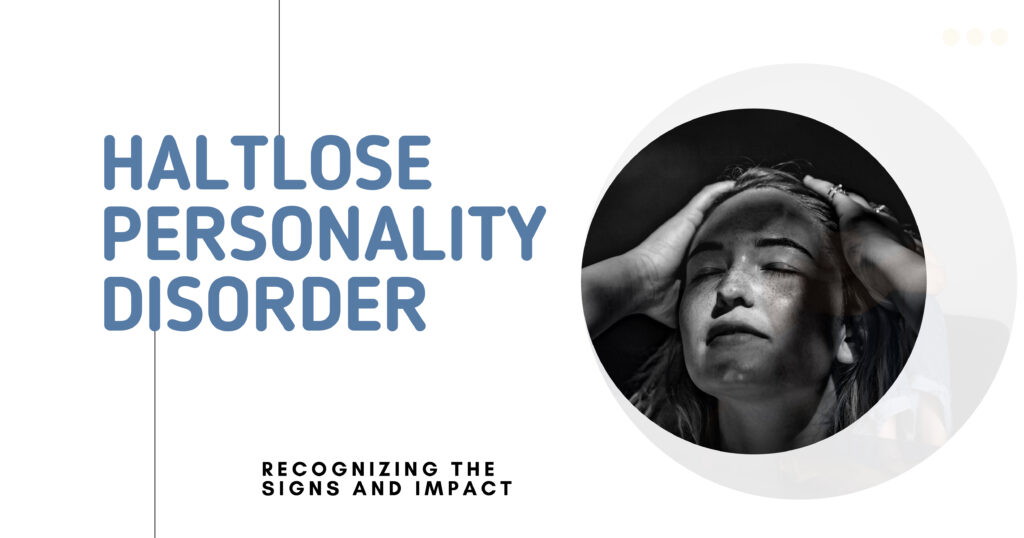Memory is one of the most vital aspects of our cognitive abilities. It helps us recall past experiences, retain important knowledge, and apply information in real time. However, memory isn’t always perfect. One common issue people face is proactive interference – a type of memory disruption that makes it hard to recall new information because older memories interfere.
This phenomenon can lead to cognitive interference, forgetting, recall difficulty, and challenges in information retention. Understanding how proactive interference works and learning strategies to overcome it can help improve both learning and mental clarity.
What Is Proactive Interference?
Proactive interference occurs when previously learned information gets in the way of learning or remembering new information. Imagine you’ve changed your phone number, but when asked for it, you accidentally give out your old one. That’s proactive interference at work – the old memory competes with the new one.
This is different from simple forgetting. Forgetting can mean information fades with time, while proactive interference means old memories actively block new ones. It’s like trying to plant a new seed in soil that’s already overcrowded with roots.
San Diego Mental Health
The Role of Proactive Interference in Everyday Life
While the concept may sound scientific, proactive interference shows up constantly in daily life:
- Students may struggle to remember new formulas because older ones keep resurfacing.
- Employees learning new software might unconsciously use commands from the older system.
- People who move to a new address often give out their previous address out of habit.
This type of learning interference affects efficiency and slows adaptation. In fast-paced environments where new knowledge must replace old knowledge quickly, memory competition makes transitions harder. Left unmanaged, proactive interference can increase recall difficulty, which contributes to frustration and even decreased self-confidence in learning or work settings.

The Science Behind Proactive Interference
Cognitive psychology provides valuable insight into why proactive interference occurs. Research shows that our brains store memories in associative networks. When we try to retrieve a new memory, the older ones with similar cues or context often come up first, blocking access to the new information.
For example, if you’re learning French after already knowing Spanish, your brain might mix up vocabulary because both languages share similarities. This overlap creates cognitive interference.
Studies from institutions such as the American Psychological Association highlight that interference is strongest when the old and new information are highly similar. Additionally, neuroscientists point out that the hippocampus, the part of the brain responsible for memory consolidation, plays a key role in managing these memory conflicts. This scientific understanding underscores why information retention becomes a challenge in environments where multiple, similar sets of information must be learned.
Examples of Proactive Interference
To fully grasp the concept, it helps to look at real-life examples of proactive interference:
| Situation | Description | Impact on Recall |
| Phone Numbers | Accidentally recalling an old number instead of a new one | Creates recall difficulty |
| Passwords | Entering a former password instead of a recently changed one | Delays access to accounts |
| Language Learning | Mixing up new vocabulary with a previously learned language | Causes learning interference |
| Driving Rules | Confusing traffic rules after moving to a new country | Slows adaptation and increases mistakes |
| Work Systems | Using outdated procedures instead of updated ones | Leads to errors and reduced productivity |
These examples demonstrate how memory disruption can interfere with both personal and professional life.
Proactive Vs. Retroactive Interference
It’s important to distinguish proactive interference from retroactive interference, since both involve memory challenges but function differently.
- Proactive Interference. Old memories interfere with new learning. Example: Remembering your old address instead of your new one.
- Retroactive Interference. New memories interfere with old memories. Example: After learning a new email password, you can’t recall the old one anymore.
Both types of memory disruption highlight the delicate balance of how the brain manages information retention and retrieval.
Strategies to Mitigate Proactive Interference
While proactive interference can’t be entirely eliminated, there are effective strategies to minimize its impact. Below are some scientifically backed methods to improve learning interference management:
- Spaced Repetition. Instead of cramming, review information over increasing intervals to strengthen long-term retention.
- Contextual Variation. Study in different environments or contexts so the brain forms unique associations with new information.
- Chunking Information. Break information into smaller, meaningful parts to reduce memory competition.
- Mindfulness and Focused Attention. Being fully present while learning helps encode new information more effectively.
- Sleep and Memory Consolidation. Adequate sleep allows the hippocampus to consolidate new memories, reducing overlap with older ones.
According to Harvard University’s research on learning and memory, practicing retrieval (actively recalling information instead of just re-reading) significantly reduces recall difficulty caused by proactive interference. By adopting these strategies, individuals can increase their resilience against cognitive interference and retain new knowledge more effectively.
San Diego Mental Health
Learn More Tips About Proactive Interference at San Diego Mental Health
Understanding proactive interference is the first step toward improving memory clarity and reducing daily frustrations caused by memory disruption. At San Diego Mental Health, experts provide tailored support to help individuals overcome recall difficulty, forgetting, and learning interference that affect both academic and personal growth.
If you’re ready to strengthen your memory, improve information retention, and gain strategies for overcoming cognitive interference, reach out today. Contact San Diego Mental Health to discover effective ways to enhance your mental clarity and resilience.

FAQs
How does proactive interference contribute to memory disruption and cognitive interference?
Proactive interference happens when old memories compete with new ones, causing confusion and making it harder to retrieve recent information. This overlap leads to memory disruption and creates cognitive interference in daily tasks.
What role does proactive interference play in forgetting and information retention challenges?
It makes new memories harder to retain because older information interferes during recall. This type of forgetting directly affects information retention in learning or work environments.
How does learning interference affect memory competition and recall difficulty?
When older and newer knowledge overlap, memory competition occurs. This competition results in recall difficulty, as the brain struggles to select the correct information.
In what ways does proactive interference impact cognitive processes related to information retention?
It disrupts the brain’s ability to encode and retrieve information efficiently. This interference affects decision-making, problem-solving, and overall information retention.
San Diego Mental Health
How can individuals overcome recall difficulty caused by proactive interference in daily learning activities?
By using strategies such as spaced repetition, chunking, and mindfulness, individuals can strengthen new memories and reduce the effects of recall difficulty caused by proactive interference.








